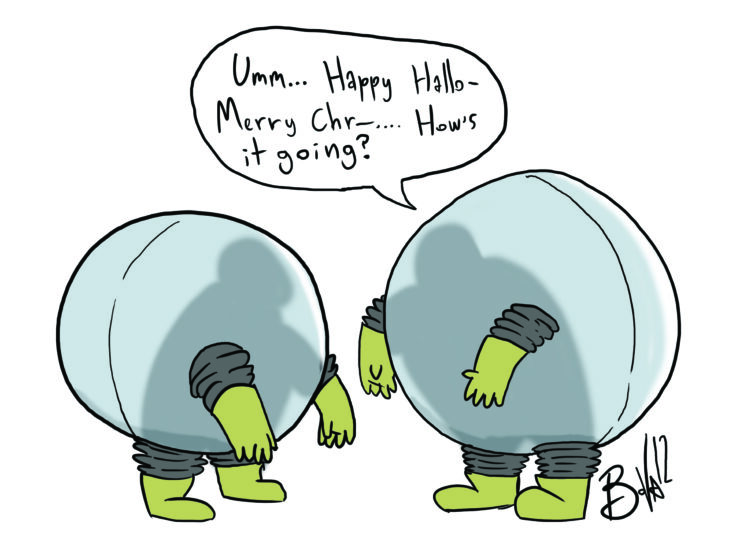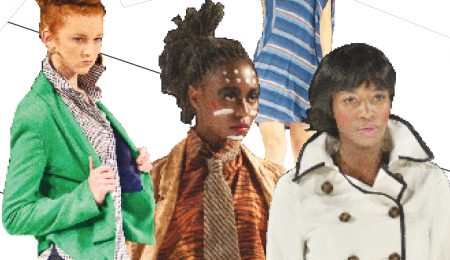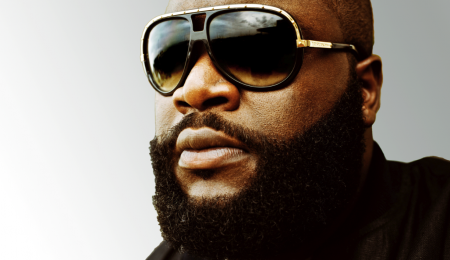Is our society too politically correct?
Sofia Hashi | Fulcrum Staff
Illustration by Brennan Bova
There comes a time in all our lives when we wonder, “Did he/she really just say that?” The offending phrase could hit us at any time, whether in class, at a party, or during a casual conversation with a friend. While the verbal diarrhea spewing from certain people’s mouths might make us cringe, it does make me wonder… Has our society become too politically correct?
The meaning of words always change over time, and whether a word is offensive or not depends on when—and where—you’re saying it. Borderline racist terms continue to be removed from our vernacular in favour of more appropriate alternatives.
Who can forget when Queen’s University professor Michael Mason faced an inquest for using terminology that students didn’t feel comfortable with? Saying words like “Japs” and “towel heads” landed the tenured professor in hot water last fall. To be fair, Mason was teaching a colonial history class. His choice of language did have some context—he was quoting the language of the time, not spreading hate himself. Instead of taking that into consideration, students and Queen’s administration overreacted without trying to understand what really happened.
Whenever a public figure steps out of line and says anything politically incorrect, the public jumps down his or her throat, often before really looking into the specific circumstances—and we can all say good riddance to that person’s career. While I’m not advocating provoking people by using questionable language, these examples are just a reality of our too-sensitive, too-politically correct society.
Freedom of speech is an important right in our country. The fact that we won’t get thrown behind bars for speaking out against the government or stating our opinions either online, or by using the media as a platform, or in any other public domain is a result of the times we live in. This right needs to be defended.
Hate speech, on the other hand, should never be defended. But what’s deemed as hate speech is where the lines begin to blur. Thankfully we have a legal system in place to help clarify those lines.
The truth is, political correctness has gone too far. Are we too sensitive? Do we err on the side of pleasing everybody and not “saying it like it is?” Yes, to both. Our fear of displeasing anyone has destroyed our ability to be frank. We ridicule politicians for hiding behind rhetoric, but they’re simply a mirror of our own selves and our own social fears.
Speech is a powerful tool. The language we use can sway people’s opinions, thoughts, and beliefs; but at times it seems as if we’re too afraid to speak. It’s this fear and this political correctness that will end up silencing us. In our silence, we let others speak for us, and our needs and opinions might not be heard.
Say what you mean, but think before you say it. Don’t let fear of backlash hush your voice, because it’s important too.




